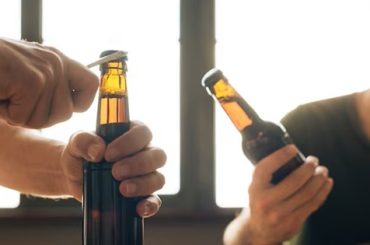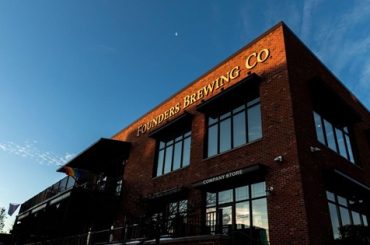This post is also available in:
Español
Português
In a context of growing climate urgency and regulatory pressure, the beer industry—traditionally viewed as a resource-intensive activity—is undergoing an unprecedented transformation toward sustainability.

With ambitious 2025 targets such as 100% renewable energy usage and complete waste elimination, this sector is emerging as a case study in how innovation, environmental responsibility, and corporate commitment can work hand in hand.
Contenido
Zero Waste and 100% Renewable Energy
Sustainability is no longer optional—it’s imperative. In Europe, particularly Spain, the brewing sector has mapped out a roadmap to achieve climate neutrality, with special emphasis on waste reduction and exclusive use of clean energy.
While currently only 10% of thermal energy comes from renewable sources, the momentum for change is undeniable. In fact, companies like Heineken Spain have reduced CO₂ emissions by 50% since 2018, already achieving 55% renewable energy in production, with plans to reach 100% by 2040.
These milestones align with EU policies establishing binding targets like 55% greenhouse gas reduction by 2030 and carbon neutrality by 2050. Such requirements have forced the entire industry to rethink production processes and adopt cleaner, more efficient technologies.
Sustainability Across the Value Chain
Sustainability begins long before the factory. Major groups like AB InBev have implemented comprehensive programs ensuring sustainable agricultural practices, water source protection, and efficient resource use—from barley and hop cultivation to the final product.
In regions like Mexico and Latin America, significant percentages of energy now come from renewable sources, while progress continues in reducing the carbon footprint during distribution and commercialization phases.
Drivers of the Circular Economy
A key pillar of this transformation is eco-friendly packaging design to facilitate reuse and recycling. In Spain, nearly 80% of beer served in hospitality venues now comes in reusable containers—reducing waste generation while actively contributing to a circular economy.
Simultaneously, breweries are investing in CO₂ capture/reuse technologies, advanced filtration systems, and energy optimization solutions. Water efficiency remains critical given that water constitutes over 90% of beer’s composition. Wastewater treatment and consumption reduction are now standard practices in modern facilities.
Social and Cross-Sector Commitment
Beyond technical aspects, the shift toward sustainable brewing involves social responsibility. Many companies have established partnerships with farmers, local communities, and environmental NGOs to promote sustainable practices and ensure positive operational impacts.
This approach not only mitigates environmental harm but also fosters a business model resilient to future climatic and economic challenges.
A Green Industry
The beer industry’s evolution is telling. Traditionally symbolic of mass leisure consumption, it has successfully redefined its societal role through critical transformation. Its sustainability commitment responds not just to regulations but demonstrates how such companies can—and must—lead change.
The true value of these initiatives lies in their capacity to inspire other sectors, proving profitability and environmental responsibility aren’t mutually exclusive while providing a replicable ecological transition model.
If beer—a millennia-old beverage with deep cultural roots—can turn green, why not other everyday products? Sustainability is no longer an empty toast. Today it’s a serious transformative commitment where the brewing industry is leading by example.
References
- Heineken Spain now brews with half the emissions of 2018. Intereconomía. intereconomia.com
- El Mundo. ILC: AB-InBev’s first facility to produce with 100% renewable energy. diario.elmundo.sv
- Environmental Sustainability. www.heinekenespana.es
Recommended
- Beer Consumption and Prostate Health: Analysis of Scientific Evidence
- Global Kombucha Market Poised to Exceed USD11 Billion by 2030







